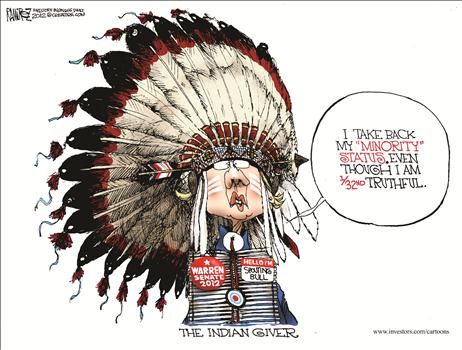by GARY LEUPP

I am an academic. I’ve taught at Tufts for over thirty years and always had a Harvard institutional affiliation. I understand academic culture and the centrality of affirmative action in administrative consciousness since the 1970s. In heading up numerous search committees for historians at Tufts, I’ve had to fill out forms at the invitation stage, listing all applicants by gender and ethnicity, according to an official categorization scheme. I’ve then justified the selection of the “shortlist” (maybe 10-12), and explaining the exclusion of the others.
Yes, you might think: why should three trained scholars selecting, out of (for example) 80 applicants the top 10, need to explain to the university administration why the others were NOT selected? Isn’t that a lot of needless bother? Isn’t it obvious that certain people stood out to all three and so the others stood out not necessarily for any clear deficiencies but just because they didn’t excite the specialists as much?
But no. One must pen in specific reasons: “relatively little teaching experience,” “limited topic,” “too early,” etc. and tally up the figures on gender, ethnicity and handicapped and veterans.
Then after the selection (prior to the job offer), one has to list candidates by gender and ethnicity and again explain why every candidate was not included or selected. It looks bad, for example, to have a list of candidates that have no African-Americans, even if it’s a position in ancient Chinese history; I have sometimes been instructed to do more outreach to ensure an absolutely inclusive pool. It is a time-consuming process. I am not for the time being complaining about it, merely explaining it to the layperson.
The process allows for political intervention. Should someone want to delay or abort a job search they might do so by alleging inadequate outreach, based on these ethnic lists as submitted to the affirmative action officer in the dean’s office. The handling in one way or other of ethnic identification is a big thing in the lives of academics.
Universities (obviously) actively seek ethnic diversity among the faculty, if only as an advertising point in an increasingly diverse society. The University of Pennsylvania in its faculty directory in the 1980s, and Harvard Law School in its directory in the 1990s, listed Elizabeth Warren as a Native American. This is no small thing.
****
I have “trace” (under 1%) Finnish genes, which makes sense because I’m mostly Scandinavian and Sweden ruled Finland for six centuries. But I would never self-identify as a Finnish-American. I have some Scots-Irish ancestry (1/32) and thus might feel entitled to march in Boston’s St. Patrick’s Day parade., But I never identify as Celtic; there’s not enough there; it wouldn’t make sense. I also have trace “Middle East” genes according to one test but this adds nothing to my identity. It merely makes me speculate rationally, on the basis of my knowledge of European history, about why I might have such genes.
Ethnic identity is a subjective thing. I’ve always felt very white, especially due to my very fair complexion and blue-grey eyes. Proudly Nordic and Germanic, with some Celtic admixture and mysterious Iberian component, which I can only explain by the Thirty Years War’s impact on northern Switzerland in the early 1600s. (My surname is Swiss; the family goes back to at least the 1580s in a small town in Schaffhausen that was occupied by Spanish troops 400 years ago.) That might also explain the Middle Eastern genes since the Iberians had widely interbred with Moors.
My mother used to say she thought there was “Indian” in the Leupp family. She was under the (false) impression that Francis Leupp, Teddy Roosevelt’s Bureau of Indian Affairs chief (1909-13), was related to my father. (In fact, this person’s family origins were around Cologne, Germany; their name initially written Lupp but changed in the U.S. around 1850. They appear unrelated to the Swiss Leupps who have spelled the name that way since the late 1500s.) Francis Leupp was, of course, a white racist and his connection to Native Americans would not necessarily result in “miscegenation” in any case, but the association of the Leupp name and Native Americans stimulated my mom’s imagination. She thought some Leupp relatives had “Indian features,” especially because they’d settled in Lakota country. But no, they were all Germanic features. My DNA tests show no Native American ancestry at all.
Anyway, on employment application forms if the question was asked I honestly indicated “white.”
CounterPunch for more
